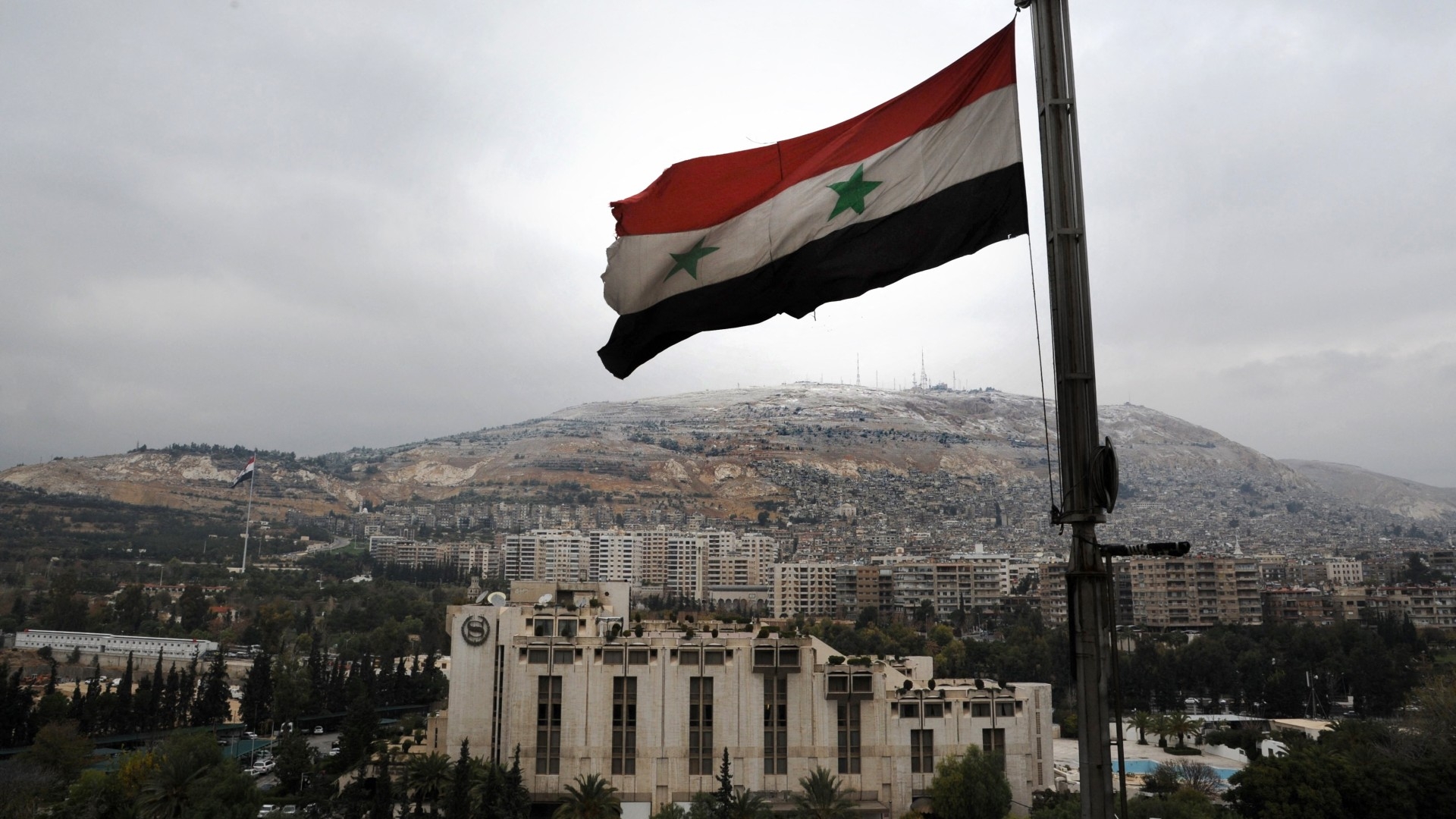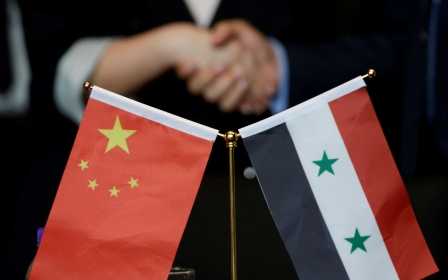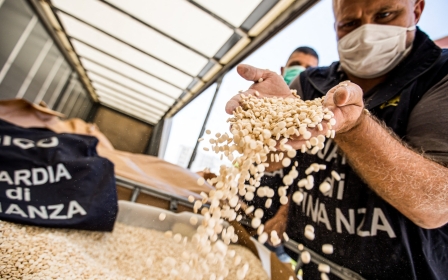Syria 'seized business elite's assets' in Sheraton hotel shakedown

The Syrian government summoned members of the country's business elites to Damascus' Sheraton hotel and threatened them with arrest if they failed to pay into state coffers, in a move akin to the Saudi purge at the Ritz-Carlton in Riyadh, the Financial Times reported on Sunday.
The shakedown started in September 2019, when dozens of Syrian businessmen were reportedly taken to the Sheraton.
There they were told to deposit US dollars into the central bank in order to help stabilise the Syrian lira, or they would not be released.
The method echoes a similar move by Saudi Arabia’s government, which in November 2017 targeted 300 princes, public figures and businessmen by holding them incommunicado at the Ritz-Carlton hotel in Riyadh for weeks. Some detainees were tortured in the luxury hotel, and Saudi authorities later said around $100bn was handed over.
Saudi Crown Prince Mohammed bin Salman justified his purge as an "anti-corruption" move to rid the kingdom of endemic graft.
According to the FT, the Sheraton incident was just one example of Syrian authorities forcing rich businessmen to give them cash.
A prominent businessman told the British newspaper that Syrian security forces stopped him in the streets of Damascus last year, before placing him in solitary confinement. He was then told to pay a large sum of money based on his estimated wealth, or remain imprisoned indefinitely.
The report cites several businesspeople and analysts, who said the “mafia-like” seizures often involved legal pretexts, with government-backed accountants sent to businesses to find violations and impose fines. These included currency violations on imports or new tax rules applied retroactively.
Several of the businessmen subjected to seizures were supporters of President Bashar al-Assad, and have backed the government through the ongoing civil war.
The details reported in the FT were part of a story about the growing influence of Asma al-Assad, the wife of the president.
It stated that Asma, an ex-JP Morgan banker, heads the presidential palace’s secretive economic council, which is believed to be behind the government’s asset seizures scheme.
According to the report, the presidential palace has promoted close associates of Bashar and Asma al-Assad who have profited from the decade-long civil war, but who are not part of the traditional elite loyal to Bashar’s father and former President Hafez al-Assad.
This new cohort has helped the state create illicit revenue streams, which the FT said are mostly controlled by the president’s younger brother Maher al-Assad, which include oil smuggling, weapons deals, and the sale of the illegal amphetamine Captagon.
Syria's economy is teetering on the brink of collapse. According to the UN, 90 percent of the country is living in poverty. Power outages for up to 20 hours a day are common in the capital, while Syria's currency has been devastated by hyperinflation.
The UN estimates that 15.3 million Syrians will need humanitarian assistance in 2023.
Middle East Eye propose une couverture et une analyse indépendantes et incomparables du Moyen-Orient, de l’Afrique du Nord et d’autres régions du monde. Pour en savoir plus sur la reprise de ce contenu et les frais qui s’appliquent, veuillez remplir ce formulaire [en anglais]. Pour en savoir plus sur MEE, cliquez ici [en anglais].




